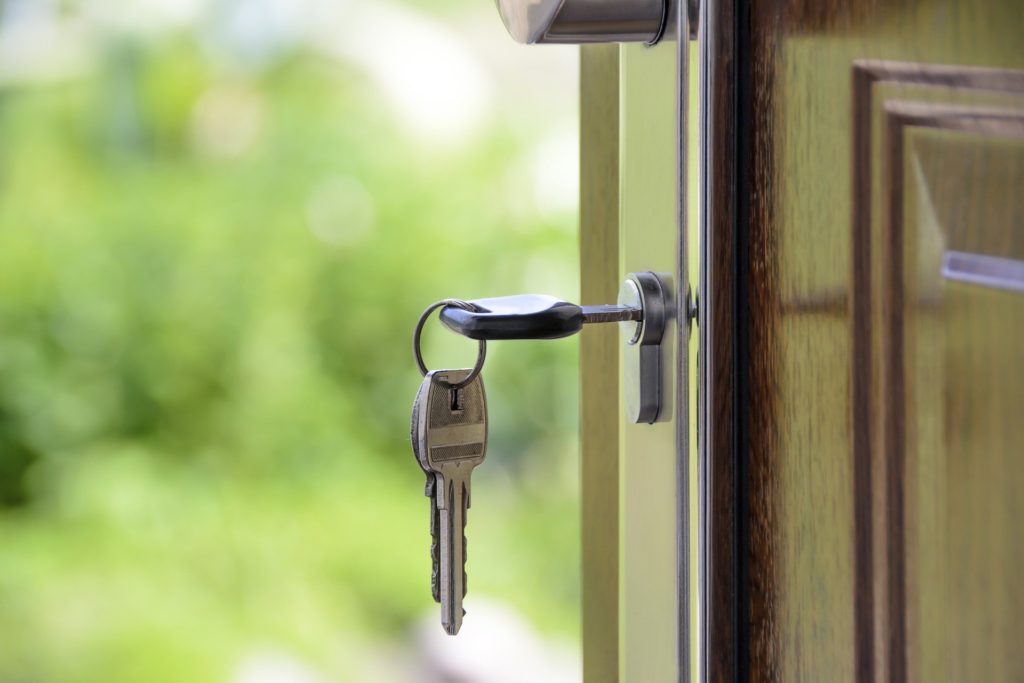Self protection and safety is important to keep ourselves and our loved ones protected against harm.
Both the government and the individual is responsible for crime prevention. The government should have laws that discourage people from committing crimes and there are ways that you can help to protect yourself and others from the threat of crime. Being prepared and confident may help you to deal with incidents should you be unlucky enough to be a victim of a crime.
Protecting Yourself
Be aware of your personal safety. Consider the following when walking on your own:
- Carry a personal alarm – check with your school, college or community police, to see if they have a scheme to supply personal alarms
- Plan your route, stay in well-lit areas and familiar neighbourhoods if possible
- Avoid short cuts, lanes and underpasses
- Tell someone where you are going and when you expect to arrive
- Walk confidently and keep alert. Many opportunistic crimes and incidents take place because the victim wasn’t paying attention to the dangers of their surroundings
- Keep your valuables out of sight, don’t carry your wallet, purse or phone in your hand
- Think about the clothes you are wearing, for example, whether you could run away quickly in the shoes you have on
- If you suspect that someone is following you, sometimes turning around to get a good look at them and making eye contact can be enough to deter them. If an incident did happen you would be able to identify them
- If catching a taxi on your own, make sure you pay attention to whether there is a licence badge displayed in the car before you get in. This will include the drivers name, photograph and taxi licence number
- Never be tempted to carry a weapon as protection. Aside from the risk of the police stopping and searching you and charging you with possession of an offensive weapon, there is a possibility that an attacker could take it from you and use it against you
- Many local leisure centres run self defence courses that could help you to feel more confident when you are out on your own
General Advice
- Remember to call 999 for emergencies, call 101 for other incidents (when something isn’t life threatening and no one’s in immediate danger)
- You may also want to find out the number of your local police so you can call them directly and save the number in your phone
- If you feel in danger and see a policeman in the street, you can ask them to accompany you home or to safety
- Make sure you lock doors and windows in the house and remove the keys from the locks
- Take valuables upstairs when you go to bed
- Don’t leave property such as bicycles outside unattended, use bike locks and chains to secure them
- Lock the shed/garage, especially when it used to store valuables such as bicycles
- Lock your car and close the windows, put property in the boot or somewhere it isn’t on view
- Park in well-lit streets





